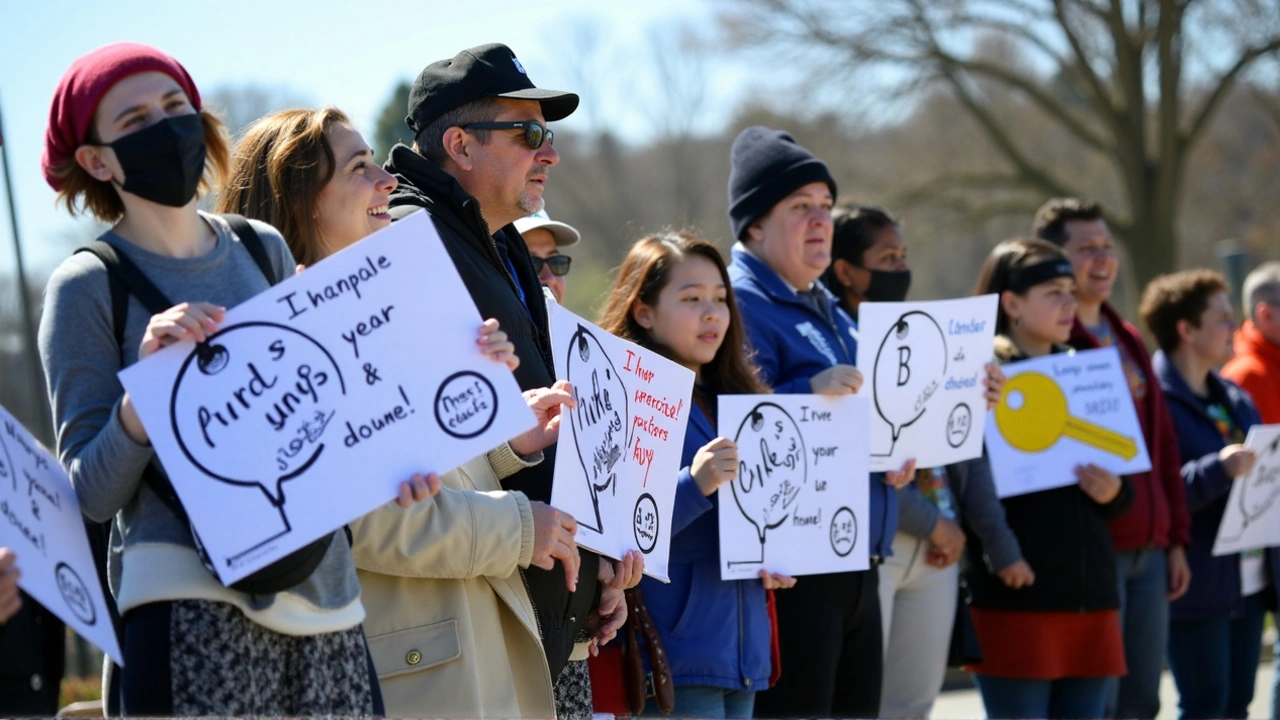Eviction prevention: quick, practical steps to keep your home
Facing an eviction is scary, but acting fast makes a huge difference. Start by reading your eviction notice right away—notice dates and reasons matter. Missing a deadline can close options, so treat every letter and court date as urgent.
Immediate actions you can take
First, contact your landlord. A short, calm message can open a path to negotiation. Say you want to fix the problem—pay rent, set up a payment plan, or agree to quick repairs. Put all offers in writing (email or text) so you have proof. Landlords often prefer a quick agreement over long court delays.
Next, gather documents. Collect your lease, rent receipts, bank statements, proof of communication, repair requests, and any photos of the property condition. If health or safety issues caused missed rent or you withheld rent because repairs were ignored, notes and photos can be powerful evidence.
Third, look for rental assistance now. Search for local government funds, emergency rental programs, charities, or church groups that offer one-off payments. Many programs close quickly when funds run out, so apply immediately and keep applying to any that accept applications.
Legal steps and tenant protections
Find free or low-cost legal help. Many cities have tenant-rights groups, legal aid clinics, or law school programs that offer advice and sometimes court representation. They can tell you local defenses, like improper notice, discrimination, or landlord failure to maintain the property.
If you get a court date, don’t miss it. Show up with your documents and a short list of facts: dates you paid, repairs requested, and any offers to settle. Ask the court for a continuance if you need more time to apply for assistance or find counsel. Judges often grant short delays for good reason.
Consider mediation. Court systems or community centers sometimes offer mediation between tenants and landlords. A mediator can help both sides sign a workable payment plan and stop the eviction without a judgment appearing on your record.
Know common legal defenses: improper notice, retaliation, discrimination, failure to follow eviction rules, or landlord’s breach of repair obligations. A lawyer or tenant group can identify which apply to your case.
What if you can’t avoid eviction? Plan next steps early. Look up emergency housing, shelters, and family supports. Ask social services about moving assistance and storage help. If you must move, document the condition when you leave so you can contest unfair deposit withholdings.
Small scripts that help: “I received your notice and want to resolve this. Can we set a payment plan? I can pay X now and Y weekly.” Or: “I need five extra days to get help from a housing agency—can we agree to pause legal action?” Put all responses in writing and save receipts.
Act fast, stay organized, and get help. Your chances improve with proof, clear offers, and a legal check. If you want, tell me where you live and I can point to local tenant groups and assistance programs to call next.
- October 8, 2024
- Comments 14
- Business

